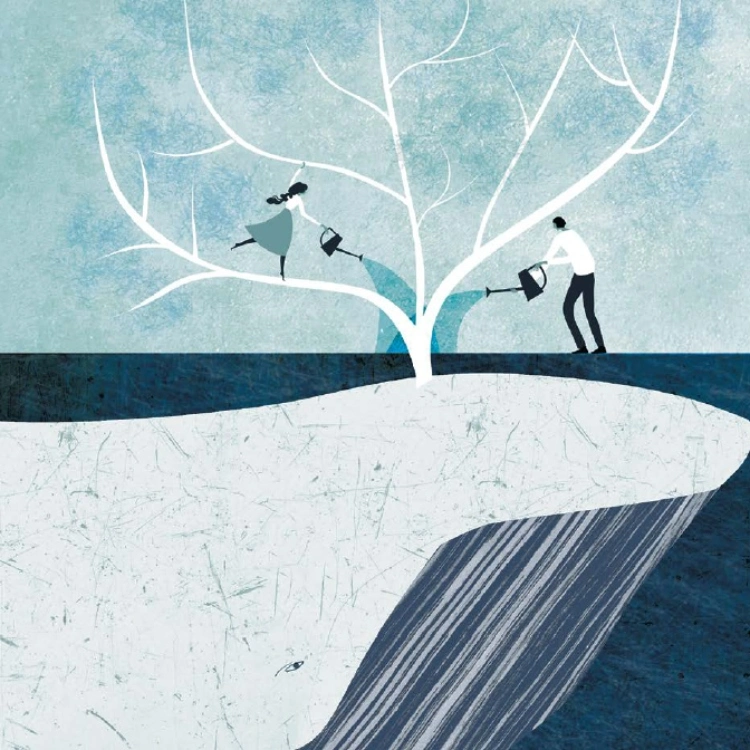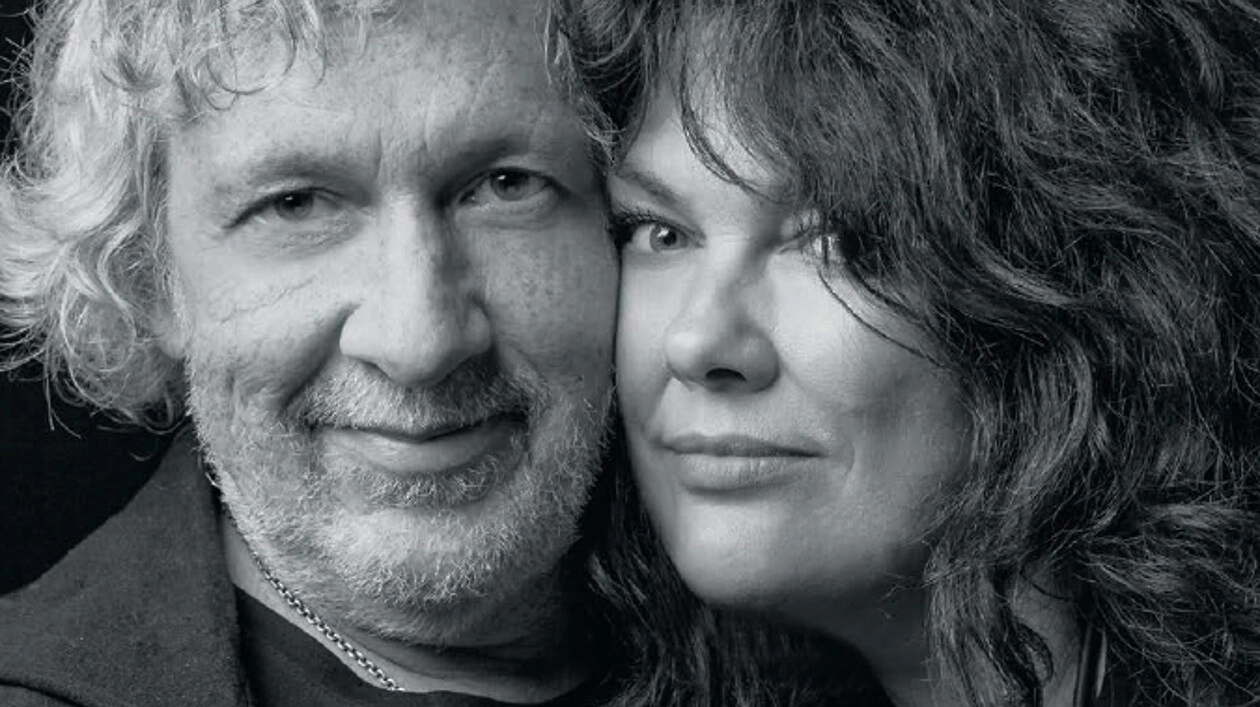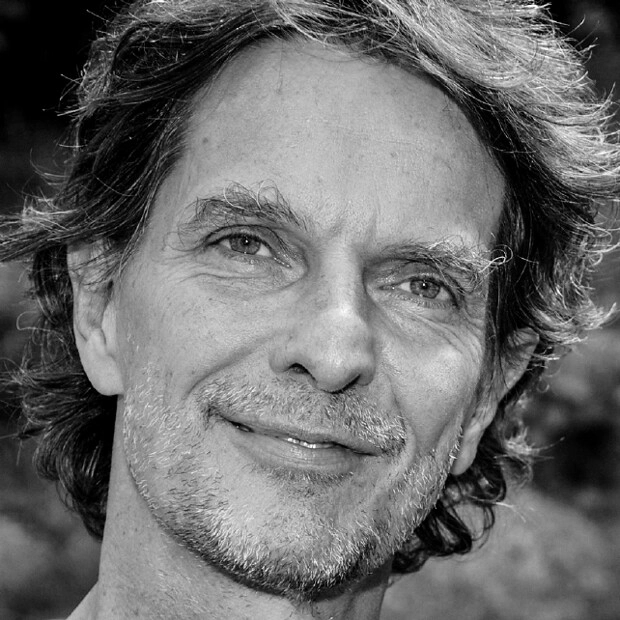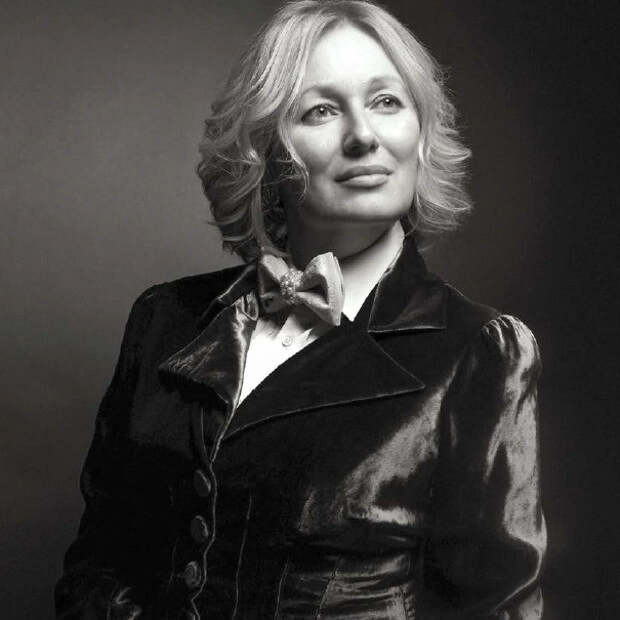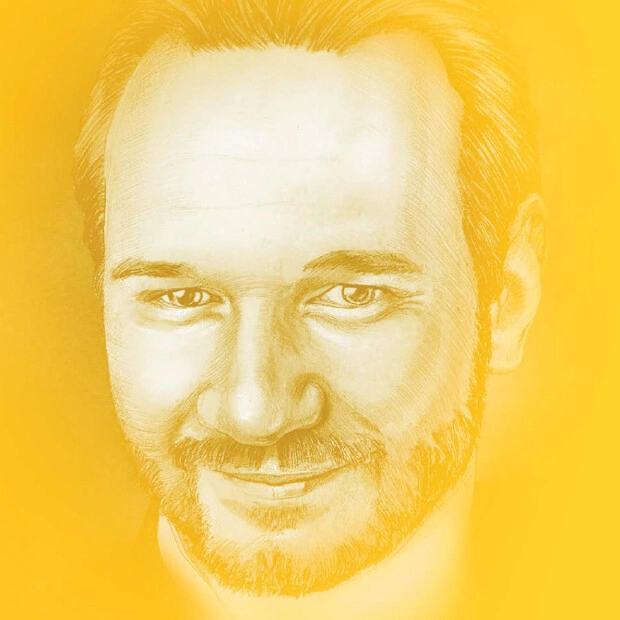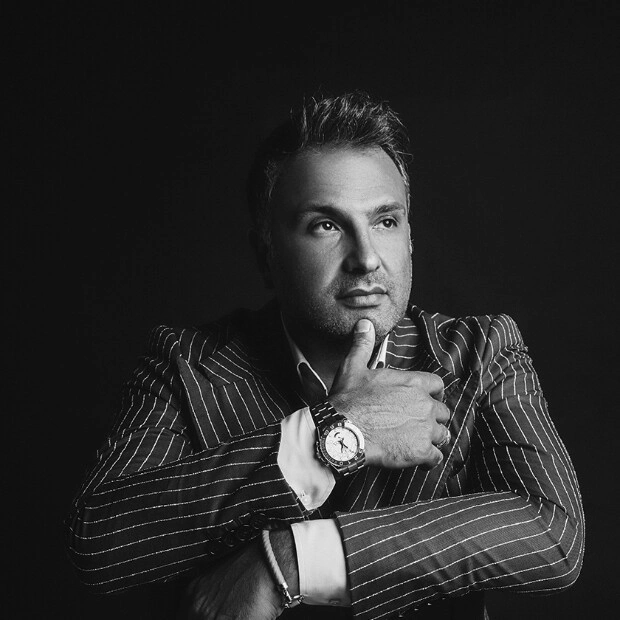According to one definition of the word, reason is the ability to use the forces of the world without leading to its destruction. Alas, it's clearly not us this definition is referring to. But what about the creatures closest to us, the ones who "capture" the essence of us? Like seeing a dream version of us, but in reality. It's a dream of what we could be: reasonable, kind; if only we'd reach out to those the ancient Greeks considered sacred creatures. Alexander and Nicole Gratovsky are anthropologists, the creators of the Dolphin Embassy, and writers of both books and films. They are also the leaders and participants of the round-the-world Archeology of Possibilities project. They've never doubted that dolphins are wiser than us, or that they will help create the marvelous Utopia humanity has long been dreaming of. Perhaps, if you swim alongside a dolphin, you start to sense at the cellular level that these dreams are more than just myth…
The mirror is our oldest tool to self awareness. Dolphins are a kind of magic mirror for human beings. People seldom come into contact with dolphins they swim away, as if to say, "Whatever reflections I can reveal to you, you don't need quite yet". Watching them (those not in captivity, that is), you can recognise yourself. You have to be sincere they are deeply indifferent to a lot of the things we spend our time on: legal ploys, diplomatic tricks, social news, political strife, career achievements… But our truest characteristics love, sincerity, care, responsibility, goodwill arouse their interest, garnering instant response. And, when that contact happens, in the words of the Zen master, you "knock out the bottom".
There's a school of new nature we're seeing now, one that's attempting to find the answers to our most important questions. Questions like: "Who are you?" "Where did you come from and why?" The culture of dolphins is based on something totally fundamentally different. A cultural code means having a worldview that allows you not to behave like an animal, where your behaviour isn't conditioned by external circumstances. It's a feature dolphins inherently possess. The most powerful predators on the planet, they, in natural conditions, don't lash out in response to suffering, in spite of everything people put them through. Consider the story of Seraphim of Sarov. Once, while he was praying, some robbers broke in and beat him to what would have been his death. He was young and physically capable, but he didn't put up a fight. Miraculously, he survived. The robbers were caught, but he demanded they go unpunished and be forgiven for what they had done. The decision struck them in a way no form of punishment could have done. Maybe though not overnight we'll have a similar breakthrough.
There exists on Earth a single species whose description resists application of the term "evolution". For 50 million years, cetacea have undergone practically no change at all. All this time, they have remained unsurpassed as having the largest and most developed brain, the largest heart on the planet. There's a mirror test used to prove whether a being is self aware, based on whether it's capable of recognising itself in a mirror. Human infants pass the mirror test at around a year and a half old. Dolphins manage to immediately they're born conscious. This distinction likely accounts for a fundamental difference between our two cultures: although their lives are susceptible to maladies similar to those we suffer from disease, depression they, unlike people, don't destroy the world around them. The model of modern society is built on the philosophy of consumption. Our school exams used to read that the Earth's population was 3.5 billion people. And now it's almost seven and a half. Meanwhile, each of us is consuming a great deal more than anyone did even 100 years ago. We're already living at the expense of the next generation. Over the past 50 years, over half of the Earth's species have irreversibly disappeared from the face of the planet. So called scientific and technological progress have made it possible for a single button to be able to destroy the entire world. In his dystopian vision, Ray Bradbury wrote of that kind of moment as the one in which war both begins and ends.
A dystopia is useful because of its resonant tone. We, however, prefer to resonate not through horror, but through the beauty that still exists at arm's length. You could say, then, that our genre is rather a Utopia. Ashok Khosla, former UN environmental director and an attorney for the Dolphin Embassy, claims that the only thing we can and should do right now is create a new myth of the world. In order to create worlds, we must first invent them. Use your imagination. Choose something from the expanse of possibility and that one can become a reality.
The purpose of myth is that it can be used in the construction of the world. Or, at the very least, as a demonstration of alternative possibilities for the world. As a means, if you please, of establishing the demand for future possibilities that don't yet exist. And joy blossoms out of these demands. The people around you, including even those closest by, will initially see your new myths as some form of insanity. Nobody will take your ideas seriously. And then, suddenly, so much evidence will have amassed that it'll no longer be possible to ignore it all, although persuasive evidence isn't all it takes. Still, not everyone will yet have the strength to agree, because agreeing would require abandoning their old habits. Then the environment responds as well, with a period of violent resistance. If enough peaceful feeling makes it through the process, then a new morning will come, when finally the new myth has managed to sprout through the asphalt. Then, nothing is left of the concrete parade ground that it took the place of.
When, five or 10 years ago, we began participating in discussions about dolphins and whales, the things we were saying were treated as total nonsense. That's all changed. Coming up this year is the 2017 St. Petersburg Cultural Forum, an entire program that, for the first time in history, is dedicated to the culture of another life form that of dolphins and whales. This just might be the beginning of a paradigm shift, an affirmation of the concept that the world is one big living organism that we're all a part of.
We came up with a metaphor… It's not the most pleasant, but it rings true. Imagine that there's this wonderful dog who's already been alive for many thousands of years. It's become totally self sufficient. Then, it gets fleas as we know, it happens, no big deal. The dog isn't really worried about it she just shakes them off. And then a hundred years go by and boom! Arriving suddenly and unannounced, there are now seven billion fleas! And these bloodsucking parasites, with the exception of a handful of geniuses and loonies, the result of some incomprehensible short circuiting, frankly do only two things: feed off of the dog, and then defecate on it. At the same time, they pay no mind to the dog's well-being, nor to the idea that the dog is alive, which remains but some vaguely esoteric quandary. They fail to realise that if the dog were suddenly to die, they wouldn't survive a second. That their only chance is to recognise how inextricably bound they are, to acknowledge the unity of the world they're both a part of.
Dolphins and whales create what is necessary for life: air and water. In the science world, the process they contribute to is referred to as the biological pump. Chemical elements are delivered to the surface of the water, allowing for the formation of phytoplankton, which is necessary for us to breathe. And then there's the water itself… We know how sensitively the ocean responds to the waves spreading throughout it. And one major source of those waves is humpback whale songs, the most powerful sounds found in nature, which produce sound waves that ripple outward. We used to think that whales were capable of communicating over a distance of a thousand kilometers. It has more recently been proven that the accurate distance is actually five thousand. The frequencies they choose aren't accidental. The ocean is influenced by a variety of impacts, which, because of our own activity, are now mostly destructive. Have you ever seen the strings inside of a piano, underneath its cover? In the ocean, the whales are, almost literally, the ones who "pull the strings". What tuners they are, suspended vertically in the water for hours, singing. When you're up close, you suddenly feel that it's some kind of prayer. After all, etymologically speaking, "religion" is "restoring communication". With the universe. With other beings inhabiting the world. With life, including your own. And our round the world Archeology of Possibilities project is all about this connection.
Our Embassy began thanks in part to Umberto Eco, who gave us the route for our round the world expedition: the 30th parallel north. It's the line that unites all the centres of the oldest civilisations. It took exactly a year to traverse this route, the same as the quest for the Holy Grail, in a world that has forgotten what those words mean. The trip impressed us very strongly in two particular ways. The first was when we realised just how lonely people are, even in our overpopulated world. People are sent into a stupor by feelings of loneliness and confusion. Seven billion people in a state of numbness. The second thing was the colossal thirst for overcoming this division and senselessness, for developing a new picture of the world, in which people are neither alone nor absurd. This new myth holds we're all a single being, living and loving. We're limited not only by matter, and, therefore, we're all powerful. It holds that our nature is not in aggression or "might makes right," but in empathy and love, and in the truth that we're all really one being.
